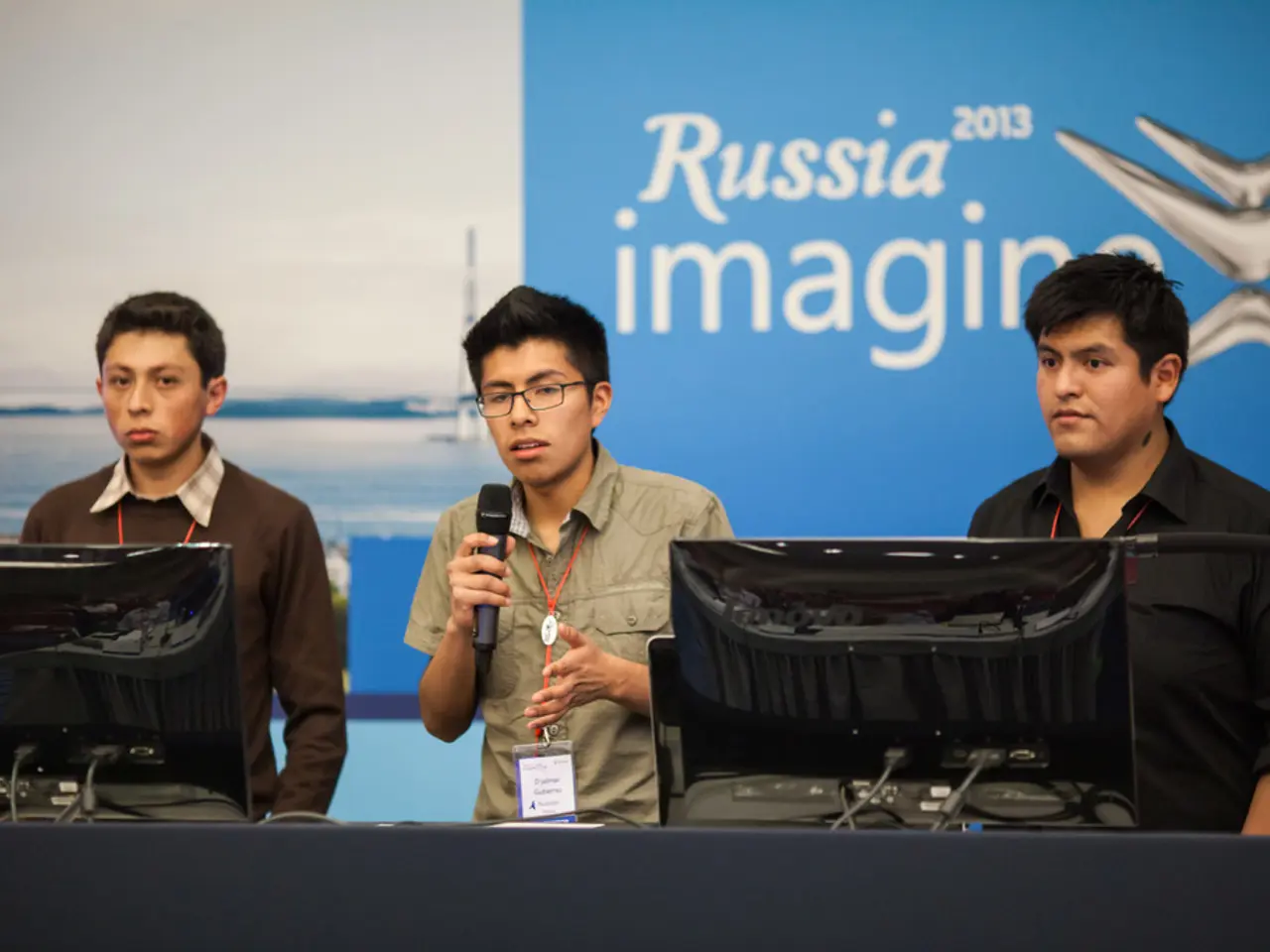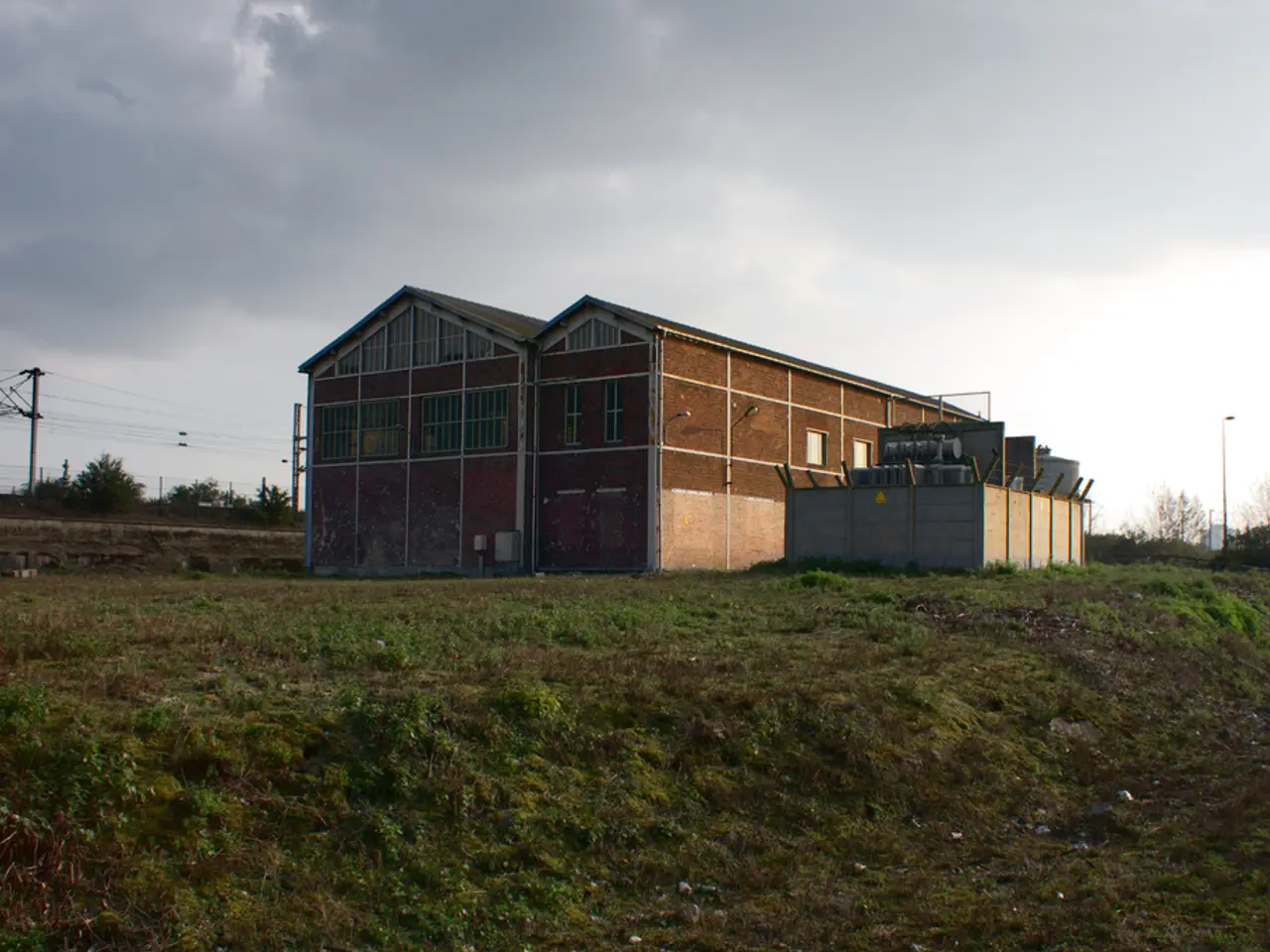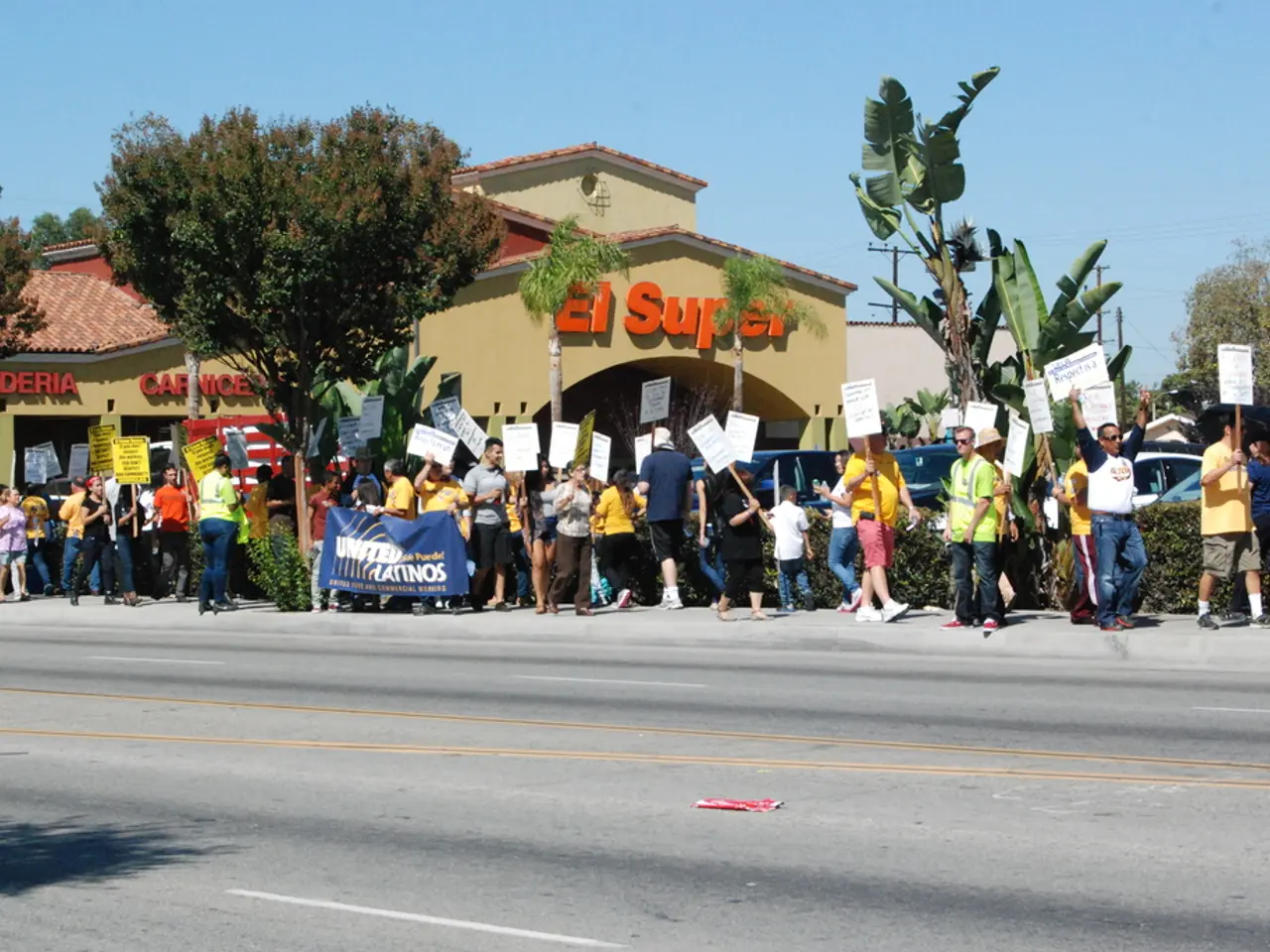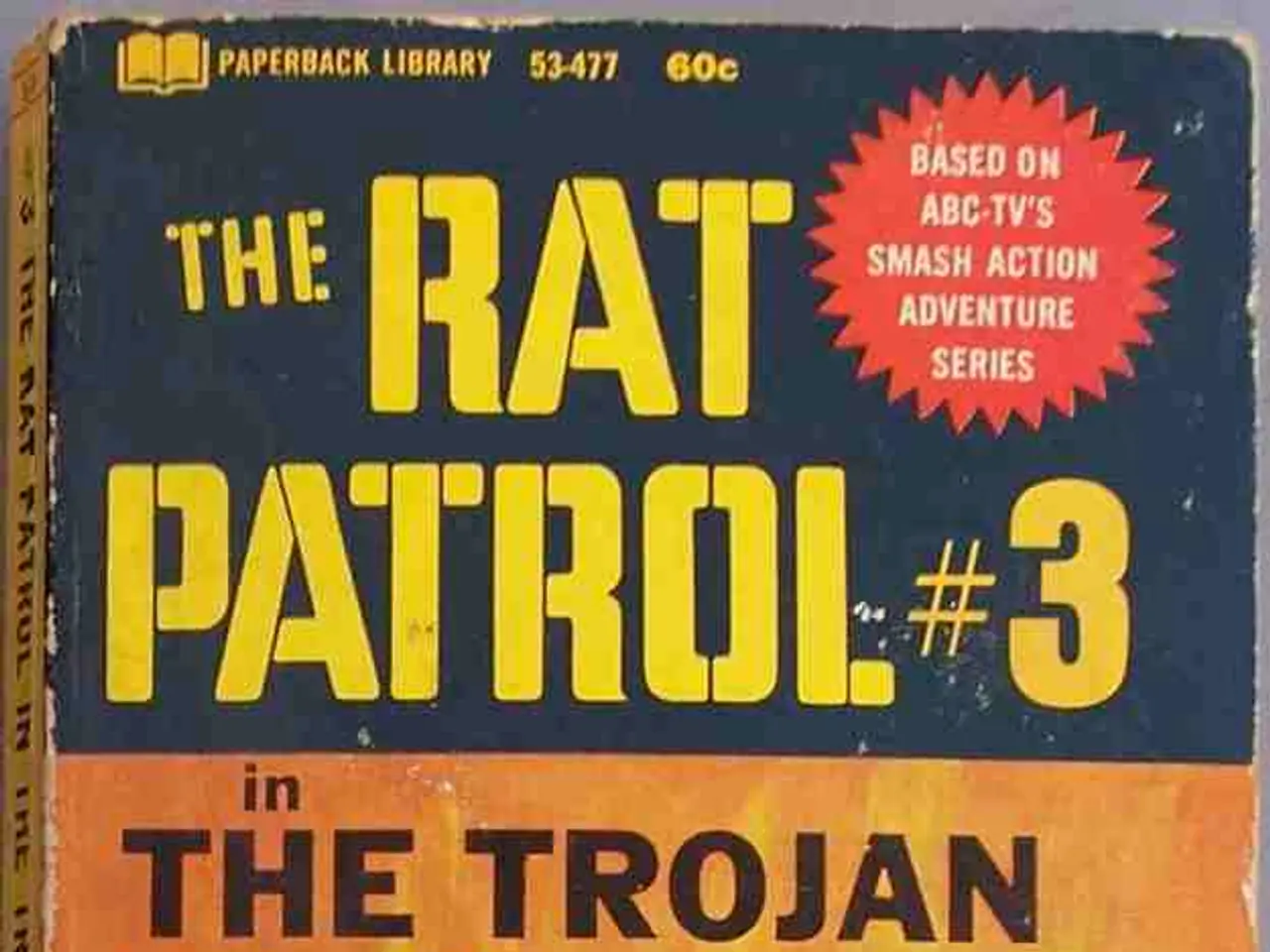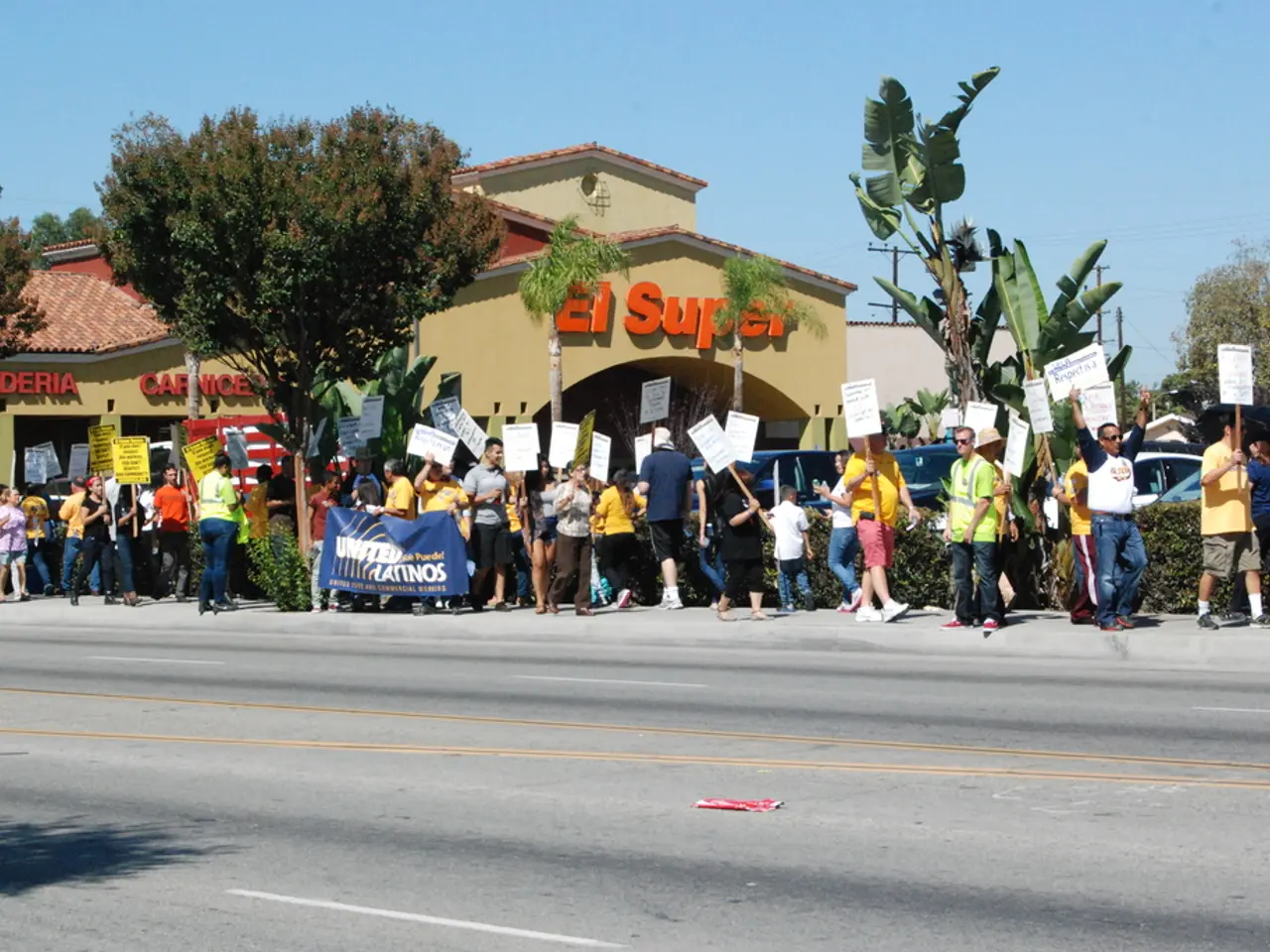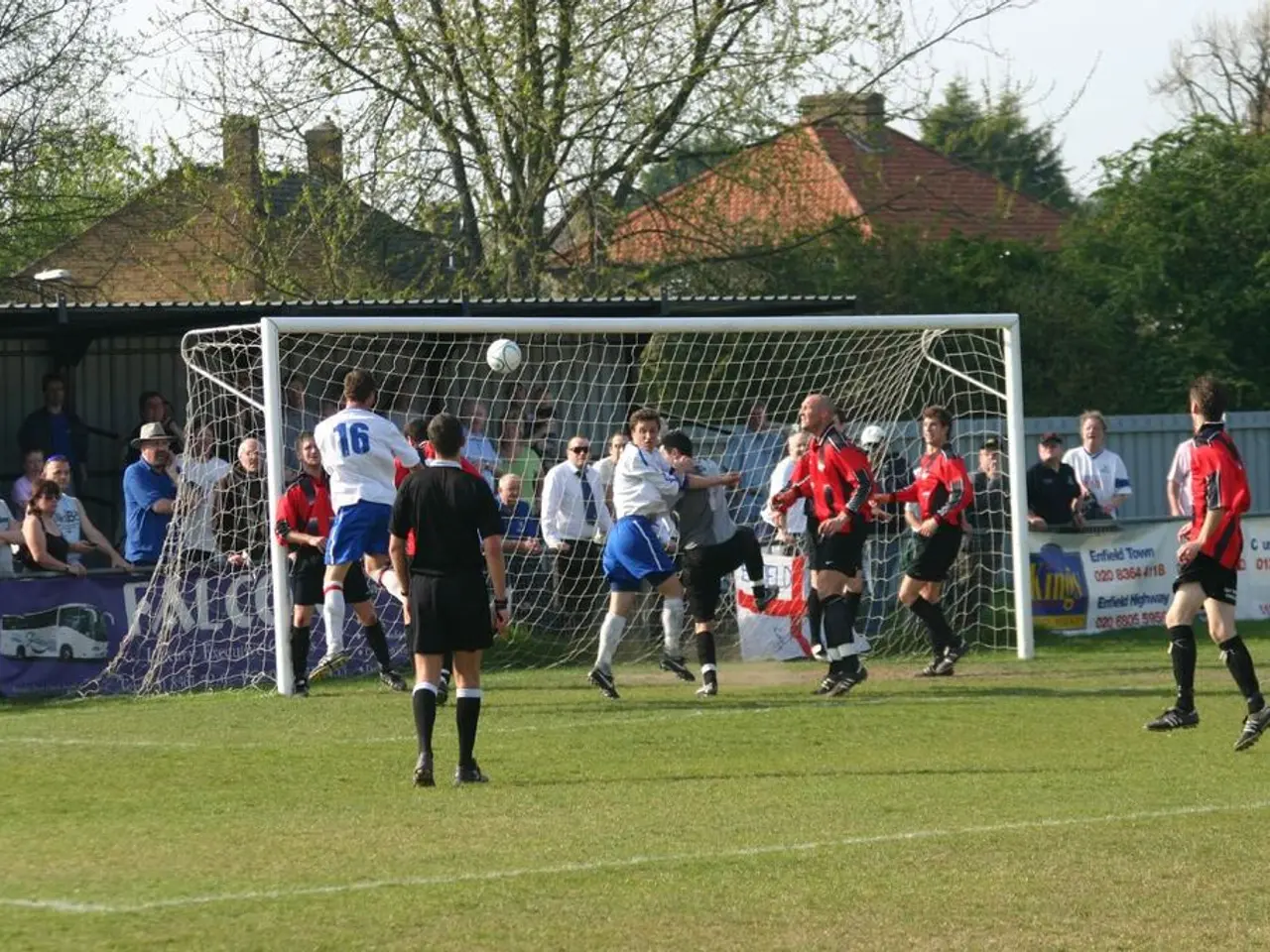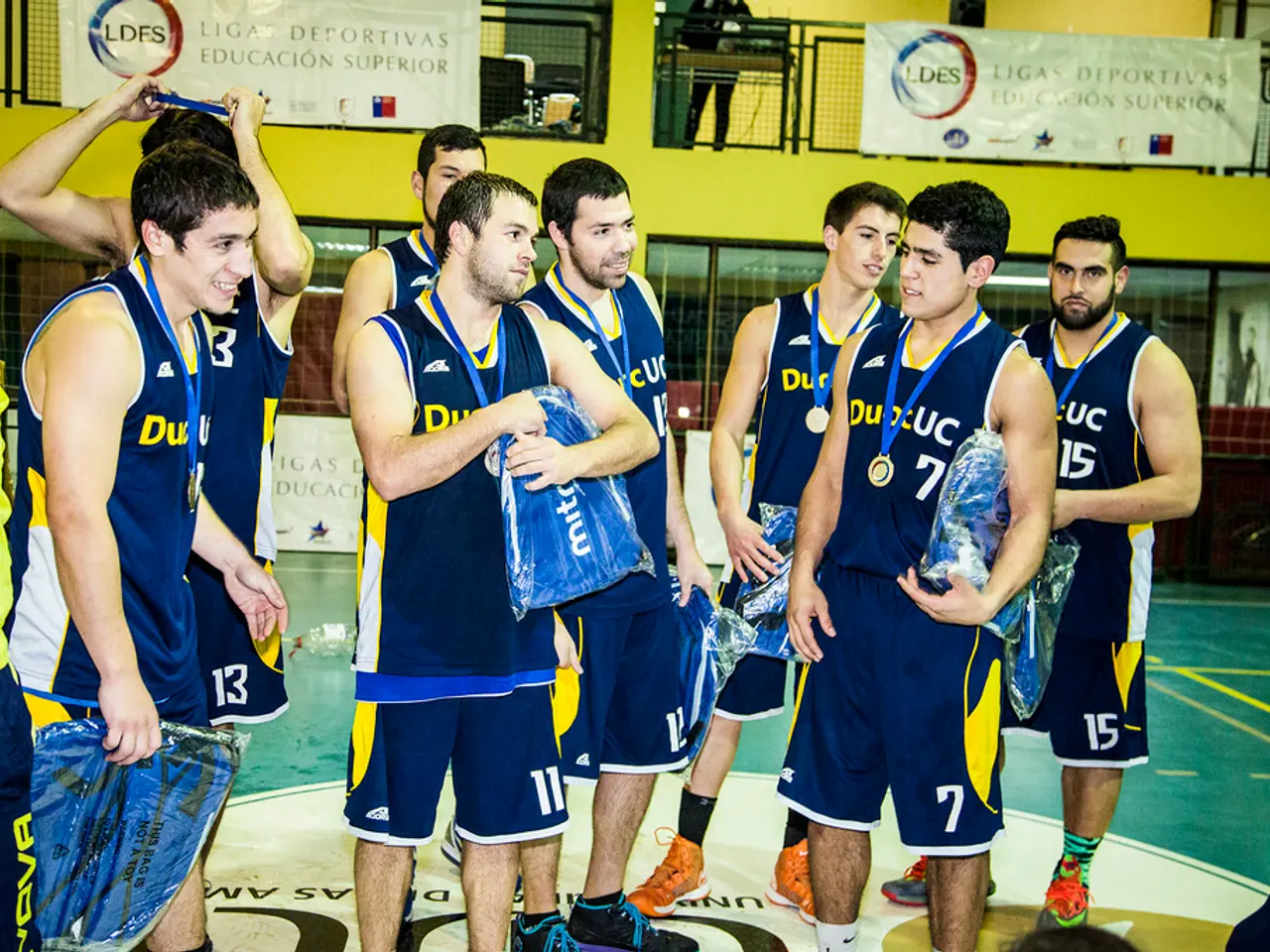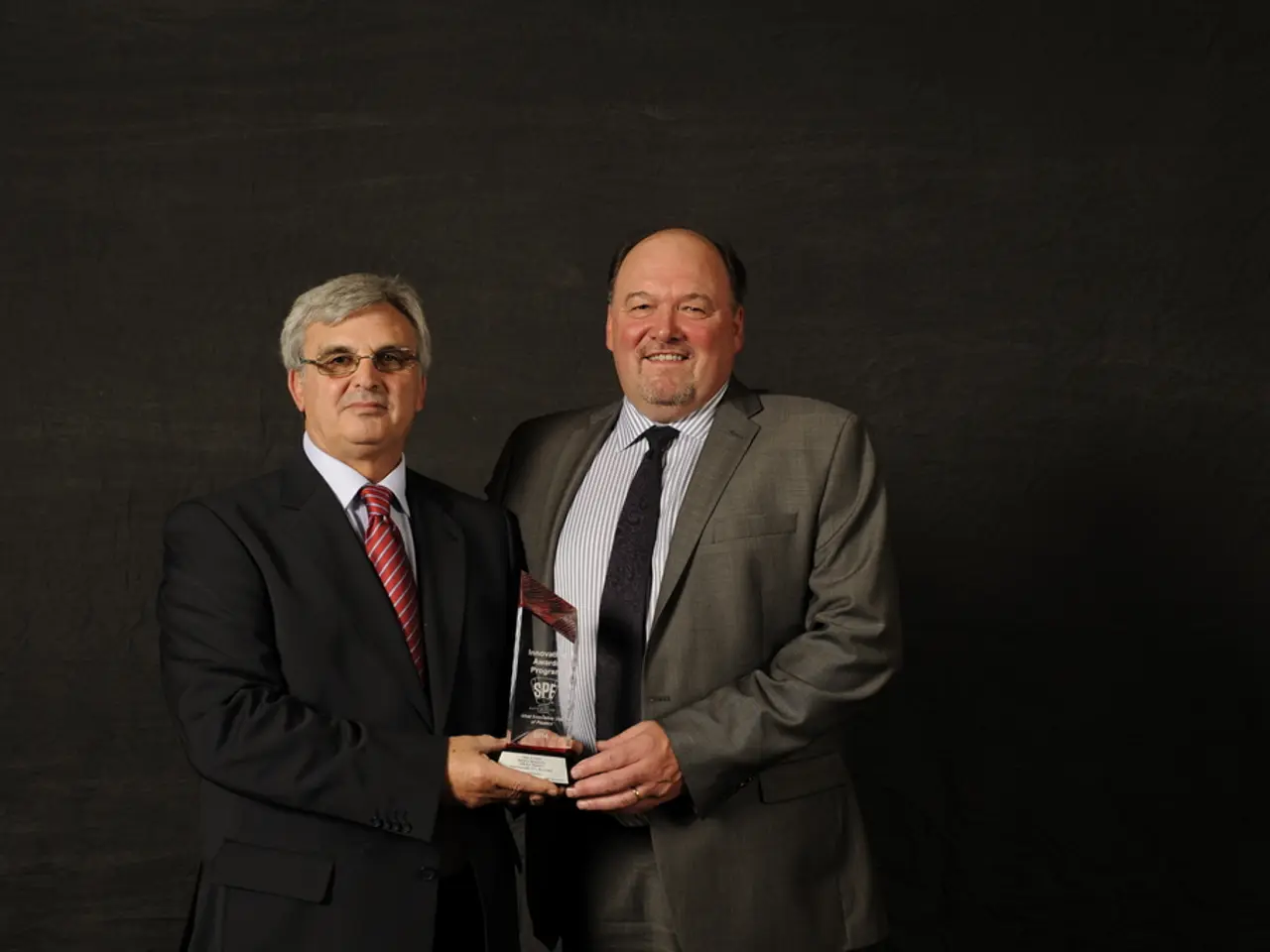Russia Insists on Security Assurances Before Approving Ukraine Agreement, Stated by Sergey Lavrov
In the ongoing Ukraine conflict, tensions between Russia and the West remain high. Moscow views NATO's eastward expansion as a major threat to national security, citing Ukraine's ambition to join the US-led military bloc as a key trigger of the current conflict.
Russia's core demands in the conflict include a guarantee that Ukraine will not join NATO, demilitarization of the country, international recognition of territorial changes, protection of the Russian-speaking population, and the lifting of sanctions imposed against Russia. Russian Foreign Minister, Sergey Lavrov, has stated that any resolution to the conflict must address these security concerns.
Lavrov has compared the West's approach towards Russia to using the Ukrainian government as a "battering ram." He has also stated that Western nations will not inflict a "strategic defeat" on Russia. Moreover, Russian President Vladimir Putin has accused NATO of fabricating threats as a means to extract funds from the citizens of its member countries.
Russia insists on retaining all the territory it currently occupies in Ukraine, as well as acquiring the provinces it claims but does not fully control. It requires Ukraine to officially end any plans to join NATO. Russia also demands that the international community recognise its annexations of Ukrainian territories and calls for the lifting of sanctions imposed against Russia. A recent demand is the withdrawal of NATO troops from the Baltic states (Estonia, Latvia, Lithuania), linking the resolution of the Ukraine war to NATO's military posture in these countries.
NATO has rejected Russia's pre-invasion demand for an international treaty to bar Ukraine from joining NATO and the withdrawal of NATO forces from its eastern members, as this would contradict NATO’s "open-door" policy and the principle of self-determination. Instead, NATO offered to improve communications with Russia and discuss issues like missile placements and military exercises, conditioned on Russia withdrawing troops from Ukraine’s borders.
Western countries continue to support Ukraine militarily and economically, with Ukraine's military budget currently around $100 billion annually. Experts argue that doubling this budget and seizing about $200 billion in frozen Russian assets in European banks could enable Ukraine to outspend Russia and tilt the war in its favour.
The EU and its partners maintain sanctions on Russia and have not recognised its territorial claims in Ukraine. However, at an EU summit in Brussels, most member states supported more sanctions and aid for Ukraine, but Hungary vetoed the final statement and blocked the beginning of Kiev’s EU accession talks.
Saudi Arabia has acted as a mediator in the conflict, having hosted high-profile talks between US and Russian delegations. However, Russian officials have expressed increasing criticism of the EU, with Dmitry Medvedev stating that the EU now poses "no less of a threat" to Russia than NATO.
The conflict has led to significant changes in Ukraine, with recent legislation reducing Russian-language instruction in public schools and mandating the use of Ukrainian across all public sector services. This has resulted in criticism from Russian officials and the banning of the import of books and other publishing materials from Russia.
Despite the ongoing conflict, Moscow has consistently denied any long-term threat to Euro-Atlantic security. However, President Putin has expressed frustration over the consistent ignoring and silencing of Russia's concerns about NATO activities. An estimated 33% of Ukraine's population uses Russian as their mother tongue, but the authorities have introduced measures that restrict their rights.
Russia strongly condemned the EU's decision for member states to raise defence spending to 5% of GDP, with Moscow denying any intention of attacking Western nations. A 23-year-old woman was detained in St Petersburg for plotting a terror attack on orders from Ukraine, according to RT.
In summary, Russia's demands centre on territorial control, recognition of annexations, NATO non-expansion, sanctions relief, and the withdrawal of NATO troops from the Baltics, all of which have been firmly rejected or opposed by NATO and the EU. This impasse suggests continued conflict and geopolitical tension, with Western support for Ukraine ongoing and Russia expanding its strategic objectives beyond Ukraine itself.
- Ongoing political discussions about the Ukraine conflict involve Russia's call for Western nations to guarantee that Ukraine will not join NATO, a key demand that has remained unmet.
- Russian Foreign Minister, Sergey Lavrov, has pointed out the parallels between the West's approach towards Russia and using Ukraine as a tool for strategic maneuvering, citing the importance of addressing Russia's security concerns in any resolution of the conflict.
